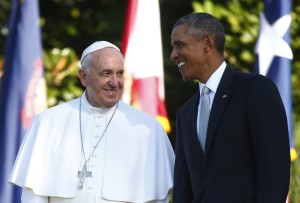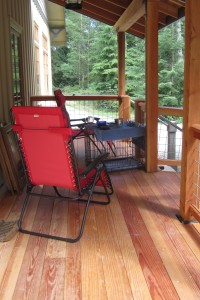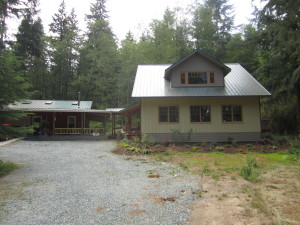
Photo: Mary van Balen
Cool air slides into the apartment through open windows. No screens gray the view of a Parisian morning. Bird song, motorcycle growls, and car hums signal the city is stretching and meeting the new day. It’s Saturday, my first here, and I don’t know just how busy the morning will be. I’m enjoying tea and baguette smeared with a bit of jam. A bright bouquet of flowers, a gift from my daughter, sits on the table where I write. Another daughter just left, on her way to the Jardin de Plantes to paint.
To paint! We are both enjoying the biggest gift of this adventure: time. Time to savor the morning breeze and the sweet taste of breakfast. Time to walk slowly through huge public gardens, watching poppies nod and dance as people strolled by.

Photo: Mary van Balen
“What do these people do?” I asked my daughter yesterday as we carried our chairs to a shady place in the huge public garden. So many adults filled the park on a Friday afternoon. What about their jobs? Do they take long lunches? Not all of them could be tourists.
We settled in. Kathryn pulled a pencil, paints, a tablet, a collapsable water pot, brushes, and a bottle of water from her Longchamp bag. I pulled a journal, pencil, eraser, and pen from mine. (Thank goodness for Longchamp bags. They not only help us blend in a bit since so many women carry them here, but they hold everything!)

Photo: Mary van Balen
A bright pink tree rose flamboyantly in the midst of green and caught our attention. My daughter began to sketch out her composition. For a while, I sat and took in the sight of the pink flame, wondering what kind of tree it was and how it came to be there. Deep breaths. In and out. No hurry. Time to savor beauty and to be present to the Holy Mystery that held us all there.
After writing a bit in my journal and making a sketch of the tree, I took some close photos of its leaves thinking I might discover its name one day. Lots of people stopped to look and take photos of the tree that was simply being its beautiful self. Perhaps it would not have been as striking if the chestnuts and grass had not provided such cool, green contrast.
A line from Thomas Merton came to mind. I couldn’t remember it verbatim, but the thought was about how naturally trees were able to be just what they were made to be, yet how we human beings struggle to do the same. Those trees in the park were saying “yes” to their Creator, catching sunlight on their green (or pink) leaves and stunning all who saw with the beauty of pure being.
My daughter and I, witness to the glory, were relearning the grace of simply being who we are.


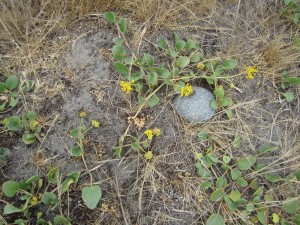
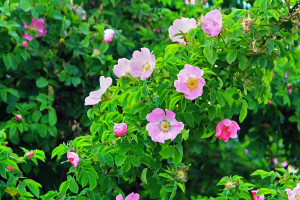 The poem is “Roses.” Oliver writes of the quest to answer life’s “big questions” and decides to ask the wild roses if they know the answers and might share them with her. They don’t seem to have time for that. As they say, “…we are just now entirely busy being roses.”
The poem is “Roses.” Oliver writes of the quest to answer life’s “big questions” and decides to ask the wild roses if they know the answers and might share them with her. They don’t seem to have time for that. As they say, “…we are just now entirely busy being roses.”
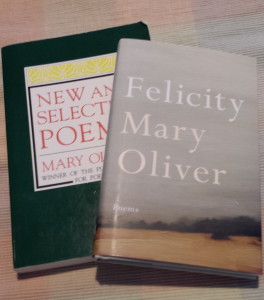 My day was off to a confused start. It was the time change. Usually, the clock by my bed adjusts for moving into or out of daylight savings time, but not this morning. Or maybe I just read it wrong. I hurried, washed my hair, and drove to church. No one was there. That’s when I realized: Daylight savings time was back. Sigh. Not a fan.
My day was off to a confused start. It was the time change. Usually, the clock by my bed adjusts for moving into or out of daylight savings time, but not this morning. Or maybe I just read it wrong. I hurried, washed my hair, and drove to church. No one was there. That’s when I realized: Daylight savings time was back. Sigh. Not a fan.
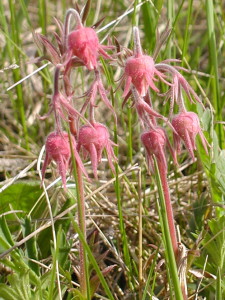

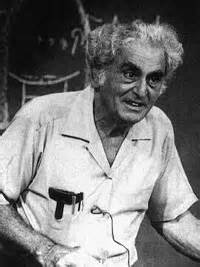 “My name is Julius Sumner Miller, and physics is my business.” That’s how he opened every show. Physics was his business. So was wonder.
“My name is Julius Sumner Miller, and physics is my business.” That’s how he opened every show. Physics was his business. So was wonder.




